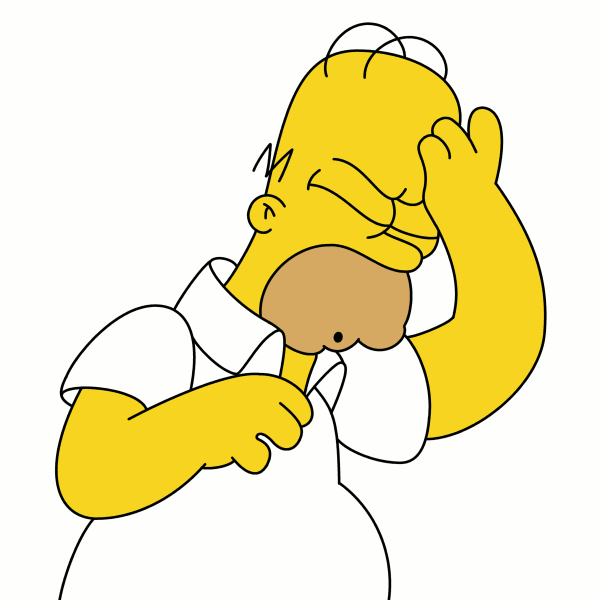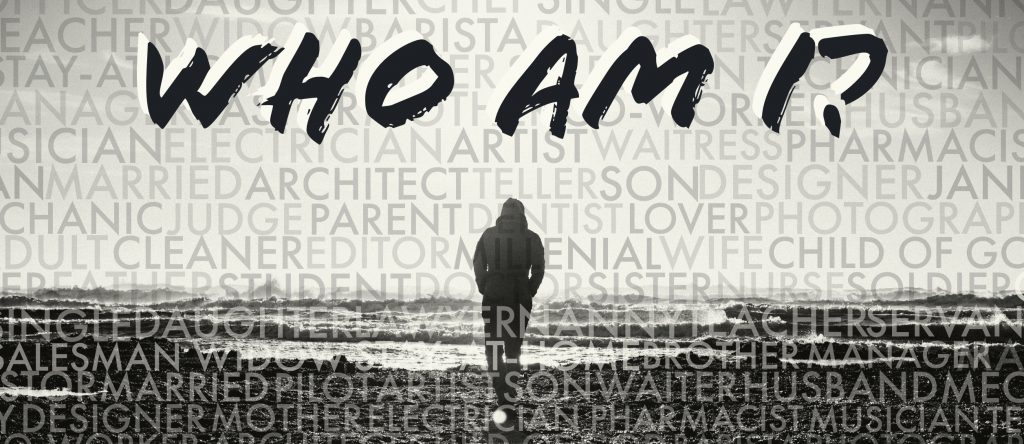
““Suppose one of you wants to build a tower. Won’t you first sit down and estimate the cost to see if you have enough money to complete it?”
Luke 14:28 NIV
The subject “Cost Benefit Analysis” has been a draft post for many months. It is one of those subjects that crossed my mind and I made a note to write about. As I have ruminated on it at various times, I concluded Cost Benefit Analysis’ meaning and application, like a lot of things in our society, has experienced significant change.
A cost-benefit analysis is a process businesses [and individuals] use to analyze decisions. The business or analyst sums the benefits of a situation or action and then subtracts the costs associated with taking that action.
https://www.investopedia.com/terms/c/cost-benefitanalysis.asp
I believe Cost Benefit Analysis (CBA)is a broadly relevant. CBA is a decision making tool that we all use, whether in a formal way or intuitively as we are faced with decisions on a daily basis. Asking ourselves ,”What do I have to lose?” or “How much should I pay..?” require some level of CBA to answer.
My formal CBA experience came at Ford. In that context, it was more about cost than benefits. Cost is paramount in manufacturing, an entire accounting department was devoted to Cost Analysis. As an assembly plant cost determines success. Although the company’s ultimate success depended on profitability, a plant’s viability was determined by cost performance. In reality, there were other factors, product quality, healthy employee relationships to name a couple. The Ford culture of that day, was characterized by a management philosophy based on control and accountability. A plant manger’s performance was primarily measured on his ability to drive down costs.
That myopic approach fostered organizational dysfunction. Irrational cost reductions, particularly in manpower, resulted in diminished product quality and gaslit an already adversarial environment. Ford’s reliance on that management philosophy led to the company to the brink of failure and extinction.
To over simplify, Ford recognized that there is more to success as a company than controlling costs. Through a complex process of deconstruction and renovation Ford survived.
The Ford experience was tunnel vision… The habit or tendency to only see or focus on a single priority while neglecting or ignoring other important priorities. A good tool, cost benefit analysis offers opportunity for making informed decisions and improving performance, but when utilized with tunnel vision for cost, results can be disastrous. I naively thought analysis was intended to compare all costs and other factors to determine the best decision, when in fact analysis was to identify and reduce costs. The end game was cost reduction, decisions to reduce cost won out. It was true that Cost was a problem, but it was not the problem.
To get to my point, as stated earlier, everyone does some sort of cost benefit analysis when making a decision. Its effectiveness as a tool is determined by one’s ability to avoid tunnel vision and consider competing priorities. When a single priority prevails, analysis will always support its achievement. I am of the opinion that the calculus in cost benefit analysis, tracking societal changes, has changed dramatically, and has produced a condition analogous to Ford. The difference being, benefits predominates rather than cost. Evidence for this change, at least anecdotally, can be be found in any conversation between generations or a with person struggling with addiction. The most important factor is the benefit to be derived. Not to say cost is ignored, but the consumeristic ethos will bias any analysis in such a way that the desired benefit will be justified.
Possessing tunnel vision for self-interest, we are faced with dire consequences. The perceived value of our desired ends most often exceeds any costs to be incurred. Extremism demands victory, no matter the cost. Materialistic sensibilities may well restrain us when monetary/ material costs are high, but disenchantment ignores or minimizes emotional, relational, spiritual, social and environmental cost, rendering CBA an ineffective tool.
This issue is epidemic. its cuts across all segments of society. Most disappointing is that Christians are not an exception.
…the fundamental materialism of our consumerist, hedonistic society is profoundly anti-Christian.
Rod Dreher
“Don’t be selfish; don’t try to impress others. Be humble, thinking of others as better than yourselves. Don’t look out only for your own interests, but take an interest in others, too. You must have the same attitude that Christ Jesus had.”
Philippians? 2:3-5 NLT
Cost benefit analysis is needed more than ever. Clear-eyed analysis of our lives will will reveal the cost of benefits to be for more than we could imagine.
“And what do you benefit if you gain the whole world but lose your own soul? Is anything worth more than your soul?”
Mark 8:36-37 NLT
My understanding of Jesus’ warning always related to salvation, eternal life, but I think it is deeper and more profound than that. Interestingly “soul” is footnoted as “self”. Peterson catches this in his paraphrase, “What good would it do to get everything you want and lose you, the real you? What could you ever trade your soul for?” MSG
For us salvation-assured Christians, with our “get out of jail free card”, we embrace consumeristic materialism all the while using Jesus’ warning as leverage on unbelievers. Is it any wonder why people are confused about what it means to be a Christian?
“Then, calling the crowd to join his disciples, he said, “If any of you wants to be my follower, you must give up your own way, take up your cross, and follow me. If you try to hang on to your life, you will lose it. But if you give up your life for my sake and for the sake of the Good News, you will save it.”
While eternal life is not in jeopardy … “a rich and satisfying life.” that Jesus promised is.
Still on the journey.








